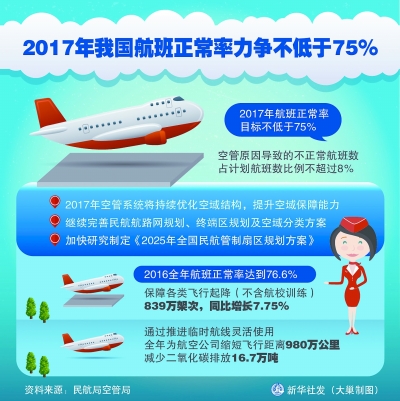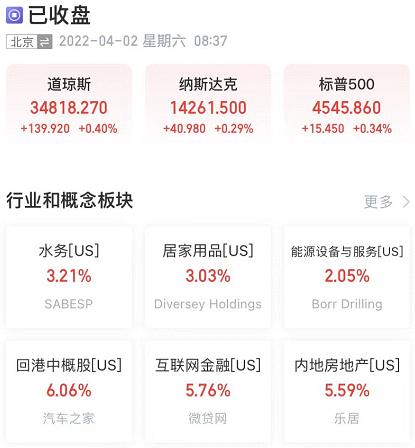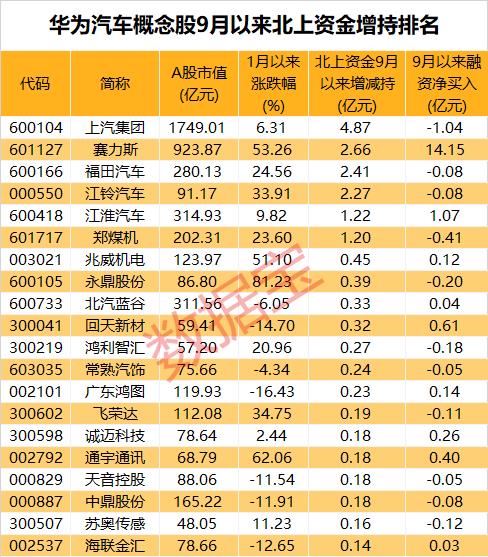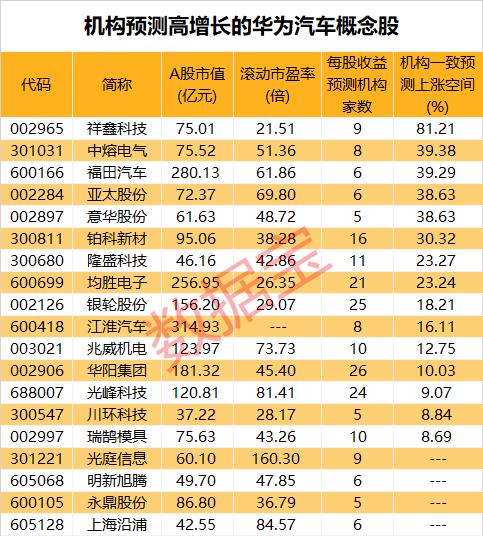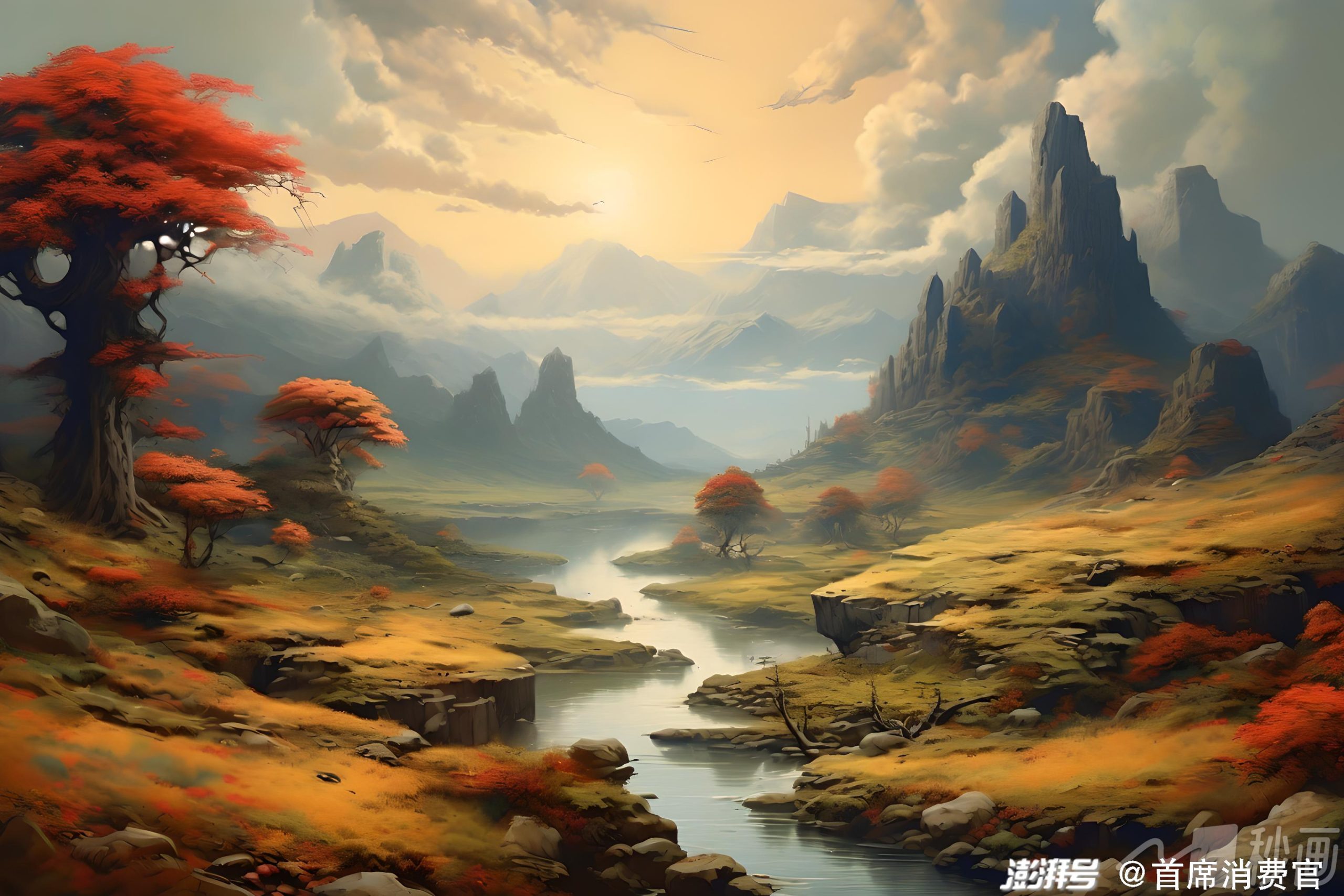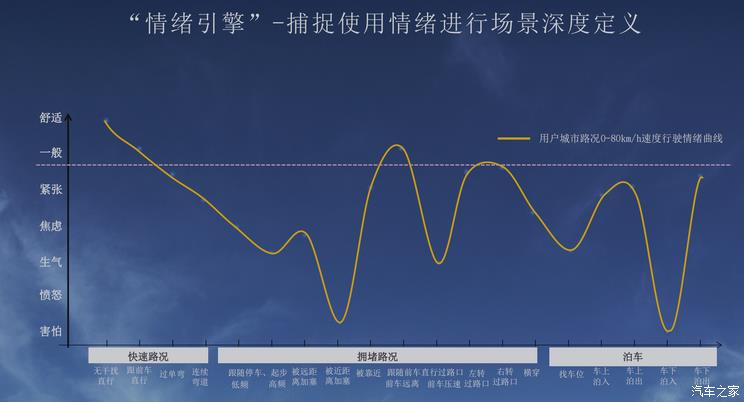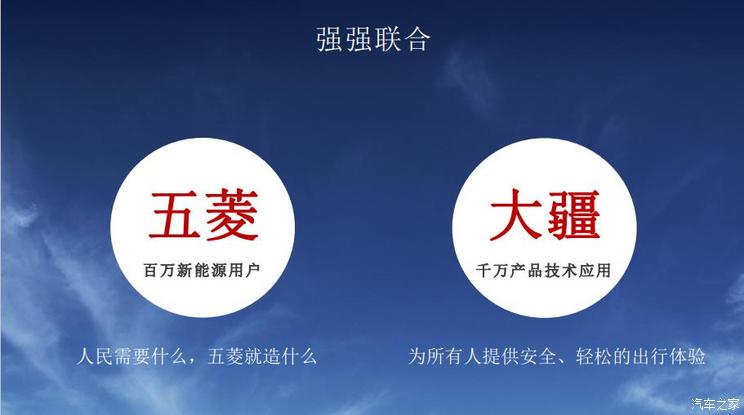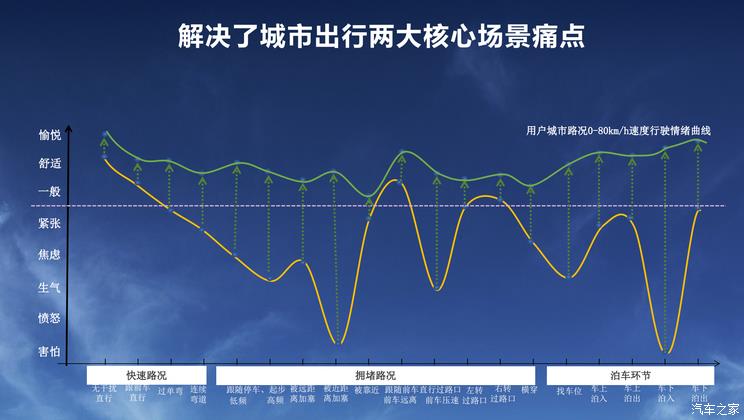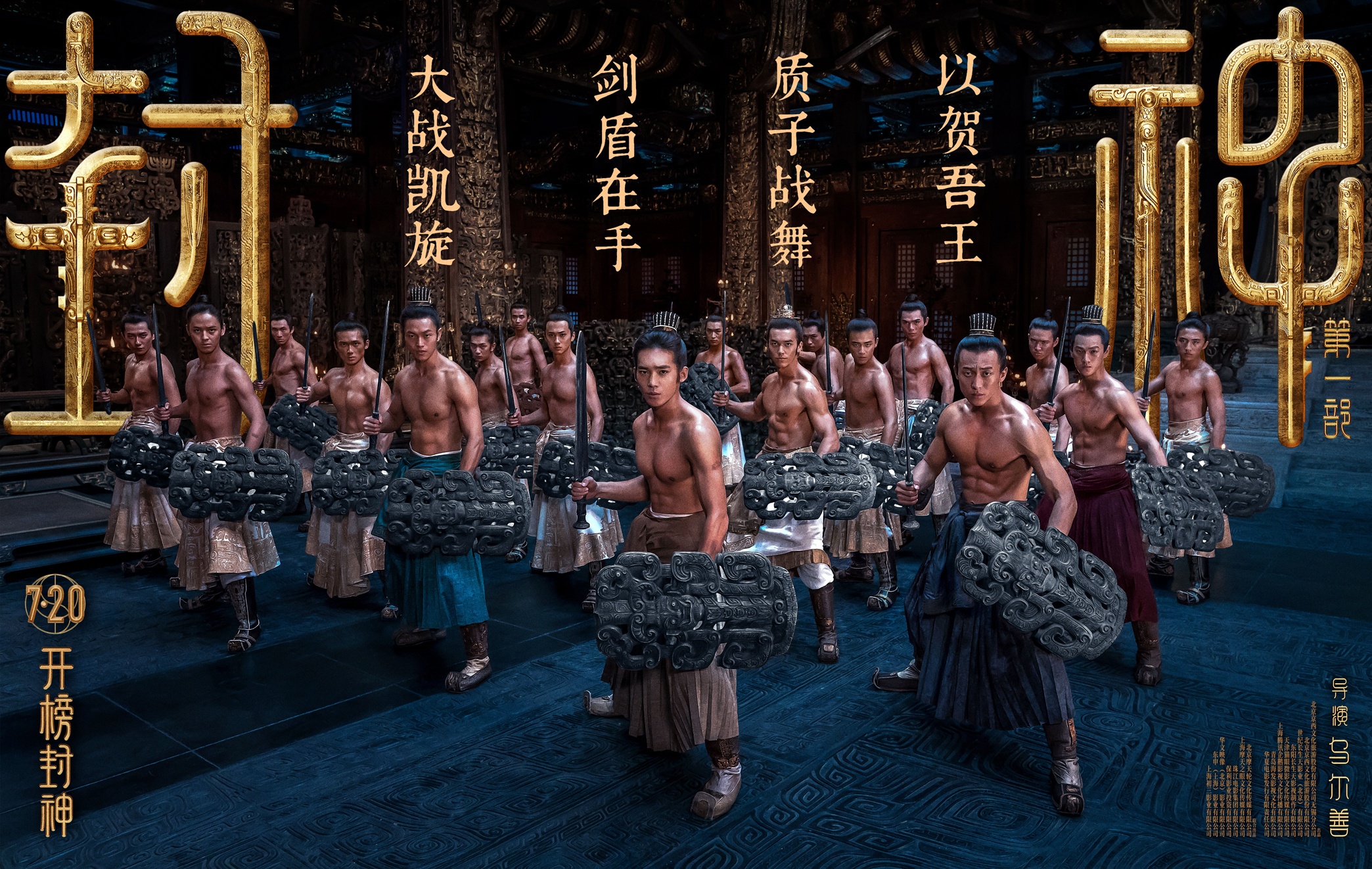Hammer Nalisa, the big V with more than 5 million fans in Tik Tok, once imitated Tengger singer’s singing of love circle, and became popular by imitating Mona Lisa’s jokes in the program.

In June this year, this chubby, big girl with a loud smile and a stalk all over her body participated in the variety talent show "Serious Gags".(Gaga is gagman’s transliteration, meaning variety creator, and the program aims to select talents for variety comedies.), and won the championship in the finals tonight. She has always been the most popular in the program. He Jiong Li Birthday Zhang Wei praised her for her special sense of comedy rhythm, and William Chan hand-picked her to marry her in the program.

"Former member of the women’s group" is a contrasting label on her. She laughed at herself for being at the peak of her weight, and when she appeared, she shocked the audience’s inherent impression.

Once, she was a standard thin girl of more than 90 kilograms. Treating depression made her weight soar by 100 kilograms.. After signing the company, she was assigned to the hip-hop brand, experienced the PUA in the workplace and learned how to survive in the workplace. Because she needs to be alone, she even made up the difference at her own expense to upgrade the standard room arranged by the program group to a luxurious single room.

Strange girl, who has zero bad reviews on this network, is challenging the public’s cognitive boundaries with himself and provoking a battle.Aesthetic revolution.
01
The reason for the skyrocketing weight of 100 Jin.
When I saw Hammer in Gaga Training Camp in Haimen, Nantong, Jiangsu, she was even fatter than the camera. The director said that she had insomnia recently because she was preparing for the finals. I fell asleep at 10 am and got up at 3 pm for training.
Unstable work and rest and the pressure from the competition have become one of the reasons why it is difficult for her to control her weight now. Most people don’t know that she used to be a standard thin girl weighing more than 90 kilograms.

Hammer Hammer is a native of Yancheng, Jiangsu Province. During her college years, she was admitted to Nanjing Normal University as the first in her department to study vocal music. She often appeared in popular occasions such as street dance clubs and singing competitions, and was a campus idol in her college days.
According to the truth, hammer NaLisa should have a bright future. The change happened quietly on campus. Once very popular, she began to be isolated. Her boyfriend’s parents refused to accept her because of geographical discrimination, and even her best friend began to lie to her.
"Have you ever heard of it?Your best friend stole your ID card to borrow a loan.The plot? "Hammer hammer college living expenses is 200 yuan a week, my best friend took her ID card to borrow 20 thousand to buy a bag, and lied to her that someone in her family had cancer.
After cheating money, my girlfriend disappeared. Hammer didn’t dare to tell his family about his experience, and he felt humiliated. He had to use his pocket money earned by singing part-time in a bar to repay the loan for others. Hammer hammer really attaches great importance to the friendship with her senior. She can’t figure out: Is it because she is too indulgent with her friends that she will fall into such a situation today?
It is a great difficulty to owe a loan of 20 thousand when she was a student. What is important is that the grievances in her heart cannot be dispelled. Coupled with the broken interpersonal relationship around her, she fell into the extreme negative of self-isolation and began to cry incontinence all day.
Hammer described the mentality of that dark moment: "I just can’t feel happy, and I feel that I am not happy at all." When I go to class in the classroom, I must go to the top floor. Standing on a high place can make me feel better. I can’t help but want to jump down. " But the desire to survive maintained her reason.She took the initiative to seek medical treatment and was diagnosed with severe depression. In order to control her body, she had to take drugs containing hormones, and her body became fat out of control, and her weight rose from 100 Jin to 80 Jin at once.

Obesity used to be a problem that bothered Nalisa. She believes that there are three kinds of obesity: the first one is fat in the natural gene; The second is not to control diet, and human factors lead to obesity; The third one, like hers, is getting fat because of hormone drugs.
Being fat is neither a fault nor a sin. However, the public always likes to kidnap everyone with a unified aesthetic standard of "white, young and thin". Whether the idol’s legs are thick or not will be regarded as the focus of discussion. body shame is an invisible shackle that tightly binds the people in front of the camera. No matter what reason you get fat, in the face of others’ advice on your figure, the unified response of the hammer is:None of your business. Did you eat your rice?
I can still feel the hammer’s mind about getting fat. She dug up old photos and posted them on social networks to prove that she had lost weight.
Accepting being fat is a gradual process. “Of course, I will be a little unwilling at first, because getting fat is not my choice.And many organs of my body will be burdened. I slowly feel that I don’t mind so much.My facial features are beautiful, my personality is kind and interesting, then I am beautiful."

Hammer found that after getting fat, everyone began to be less isolated from her, but more began to ridicule. Her roommate has been encouraging her even in the worst times. She can see the talent in the hammer and the "bright spot that can’t be given up". Hammer reflected, "Many times, it is not because you are incompetent that people isolate you, but because you shut yourself down first, people will stay away from you."
Hammer began to redeem herself. "Music is my antidote." She participated in more large-scale music competitions and won the national championship of the new campus songs of the national K songs. Like-minded people praised her talent, and the judges encouraged her at the competition. She slowly walked out of the darkness of autism.
02
Can’t be a women’s group and experience PUA in the workplace
Near graduation, she noticed that a company on the Internet was preparing a training camp plan to select female group trainees. Her weight is still a problem, and she joked that she was "with the mentality of losing weight" and signed up.
Even if she tries to lose weight, her figure is still far from the strict standards of women’s team members. Later, Lisa hammered this experience into the first episode of Serious Gags. She imitated the CEO of a company with a Hong Kong accent and said, "You are standing here like a wall. I didn’t know that there was someone behind you. I didn’t know that you were in solo."

When the women’s team failed, she still successfully signed a contract with the company by virtue of her talent and characteristics. Hammer recalled the heart of the fledgling eager to sign the contract, "I feel safe after signing the contract." After coming to the company, the hammer was first assigned to the hip-hop brand under the company’s planning, which experienced the second trough of life.
"Entering the hip-hop brand is completely coming to a strange field.I don’t know anything. Just let me write ten songs."Hammer said with a frown. As a newcomer with half a foot in the circle, she instinctively has fear and dare not disobey the brand leader, so she has to bite the bullet and write rhymes.
Hammer hammer ambition is not in hip-hop, she hopes to communicate upward, but the brand leader forbids her to report beyond her level, "Tell my assistant if you have any needs". There is no effective response, new ideas have been rejected, and leaders continue to threaten. "If you dare to provoke me, I will hide you.”。

Hammer described the psychological oppression brought to her by this strong workplace PUA. "That’s another degree of self-doubt, self-doubt about aesthetics and dreams. "The self-confidence that she finally ignited was stubbed out again.
Hammer learning will not please the leaders, and it will be targeted everywhere in the brand, which will be even deeper. She is very grateful to the company’s vocal music teacher, who always encourages her, shows her advanced aesthetic music and affirms her musical accomplishment. "Every time I fall into the abyss of depression, they pull me up and don’t give me a chance to cry at all."
Her desire for survival will always support her to break through the current limitations at critical moments. One day, she couldn’t hold it any longer. She rushed into the general manager’s office and shouted that she couldn’t stand it. Every day, she was going to jump off a building.
"I am impulsive and my heart is still very painful. After all, I have signed the contract, and there is no retreat after rushing in. It is also possible to be hidden in the snow. As a result, our general manager handed me a song and asked me if I could sing. "
Hammer is confident in singing,She laughed at herself. "When the company recruited me, it also had its own considerations. They needed some people who sang well to sing demo for free."

After recording this song, Hammer successfully transferred to another folk brand, including arrangement class, production class, body building class and dance class, all of which were her antidote.
After leaving the soil that doesn’t suit me, the hammer can breathe, but it has also entered another system of PUA. For example, the company often takes a song and tells her to sing it for you when it’s ready, and then turns to someone else’s album list. However, the hammer has formed an antibody to deal with this pressure."After you break through a certain system, you won’t be willing to be PUA, and you won’t be willing to be controlled."
Hammer is used to thinking things on the bright side. She is grateful to the company for cultivating her music. Singing demo is training, as long as there is input, it is a good thing.
She also learned two valuable experiences in the workplace in the company:First, resolutely resist PUA in the workplace.Speak to others with clear logic, give reasons higher than his moral kidnapping to counter repression, and don’t be easily shaken by others.Second, do your own thing.She doesn’t believe that others will meet her requirements and hopes that others will not get involved in her career.So later, when she decided to enter the field of short video to be online celebrity, she didn’t have a team, so she was a team.
03
From online celebrity, Tik Tok to Funny Artists
From underground to the ground
The Tik Tok account of "Hammer Nalisa" has been accumulated at present.5.57 millionFans, she has a short video of imitating teacher Tengger singer to sing the love cycle.More than 2 millionLike it. Before taking part in Serious Gags, she was also invited to take part in variety shows such as Qipa Shuo 6 and Hey Sing Turn Up, and her popularity came from Tik Tok.

Before preparing to be a Tik Tok, she consulted the company. The general manager thought that it was good for the company that the company artists could have a voice on the short video platform, so she was allowed to grow freely. While taking music lessons in the company, she made short videos to make money.
She has strong imitation ability, is good at observing life, takes photos casually when she meets interesting things, and edits them herself.It only takes 20 minutes for a set of procedures to come down.She will continue to sum up the experience of others’ failures, create reversals and pauses, and stop when it is good. On the stage of "Serious Gags", tutors Li Dan, He Jiong and Zhang Wei praised Hammer Nalisa.Good performance rhythm”。
Getting fat inadvertently made her funny career. If she is not fat, some jokes lose their appeal. Including her stage name, Hammer Nalisa, is also due to her chubby figure, which is very similar to the well-known painting Mona Lisa. In "Serious Gags", she repeatedly crushed her own characteristics into paragraphs, and the first skill of cos Mona Lisa also won the golden key of Li Birthday’s tutor and became the first gag6 member.
This output is not unidirectional. Tik Tok’s friends who are constantly suffering from depression leave messages to her, saying that she feels hopeful after watching her video.Hammer noticed that some fans’ heads changed from black to wonderful life photos., she said, this is the meaning of her happiness.

Lisa Hammer has always been ranked first in the "Serious Gagas" and has zero bad reviews on the Internet. In the words of Li Birthday’s tutor, "Hammer Hammer came to this program to seal the gods".This kind of encouragement, like a comprehensive protection for her, protects her sensitive heart and self-confidence that she has finally rebuilt.
Hammer said frankly that he would feel guilty in the face of such high-intensity praise, but he would not float.She knew that something would happen if people drifted away. The high ranking makes her feel nervous about walking on stilts. In order to be worthy of everyone’s support, she always suffers from insomnia.
The Gaga program group has prepared a standard room for two for the students.Hammer upgraded to a deluxe single room at its own expense.. When the pressure came, she used to close herself up and didn’t want to bring her negative energy to others. This respect for people increases the affinity of the hammer. She is not aggressive and will not cause you any sense of oppression.
She will deliberately avoid some industry taboos, such as keeping a distance from the rice circle, which is reflected in the program’s desire for survival for star fans.Once set in variety showWilliam Chan married Hammer.The plot, hammer hammer is very embarrassing,"It is simply going to be cyber-violent."She kept apologizing to her fans through the camera.

There are also people on the Internet who compare the once-thin photos of Nalisa Hammer with popular idols. When Hammer Hammer sees them, he will immediately reply to the comments: I am very happy that everyone says so, and I like her very much, but don’t say that we look alike.
However, some people still misunderstand the hammer. In June this year, Hammer entered Gaga Training Camp, and Tik Tok’s update frequency decreased. On the day of the interview, she uploaded a set of interactive singing videos of "popcorn singing Dark Horse" which was very popular in Tik Tok, and the videos quickly accumulated 1.655 million likes. Some people know that she participated in the program, and the comment area asked her why she didn’t start singing funny. Others said that she became angry and began to show off her skills. Some people even got weird: "Hammer doesn’t have to be so restrained."

Hammer is dissatisfied with this. “Let everyone know you first, and then know that you have musical strength."She this is her way of saving the country curve. Through Serious Gags, everyone understood her humor, but began to question her pursuit of music."My jokes are always related to music."
Indeed, Hammer never gave up showing her musical talent, especially after she came to the ground from underground. Cue was invited to speak in the program, and she often sang while talking. On the impromptu stage, she also showed the singing and dancing abilities of five kinds of dances.It can be said that she wants to be red just to have a chance to sing.
Hammer said that being a gagman and a musical dream are not contradictory, but achieve each other. A gagman (variety creator and performer) should not only amuse the audience, but also be the glue of variety shows, not only to show himself, but also to leave room for other guests.

"Serious Gagas" is a big family with fireworks. The eliminated partners stay and unconditionally help the rest to think about jokes. He Laoshi, like a parent, added the WeChat of 56 students in the program group to encourage them one by one. Accustomed to the autistic hammer, she also opened herself and invited her friends to chat in her luxurious single room.
Immersed in real life, experienced the dark side of life, and willing to bring happiness to everyone, this is the preciousness of gagman. Hammer hammer thanked the program group for providing a stage for this group of unnoticed variety artists, and winning the championship was a new beginning.
In 2020, women’s issues have become a hot topic in the field of value. However, there is little female perspective in Hammer’s works. She said that she had a phobia of straight men’s cancer before, and people who could not stand the tendency of male chauvinism would take the initiative to avoid it. When she entered Gaga training camp, she found that all the men around her respected women, and then she realized that the circle could screen people. She said:The fact that my image is liked is a revolution in itself. So I don’t represent anyone, I represent myself.

Hammer rubbed his hand and looked into the distance with blurred eyes. “Although I am not particularly sure about myself, there are not many people who attack you because of your appearance and figure. I feel real love, and the world is really starting to get better."
Editor and writer: 7 million
Illustration: North North
Typesetting: Panpan
